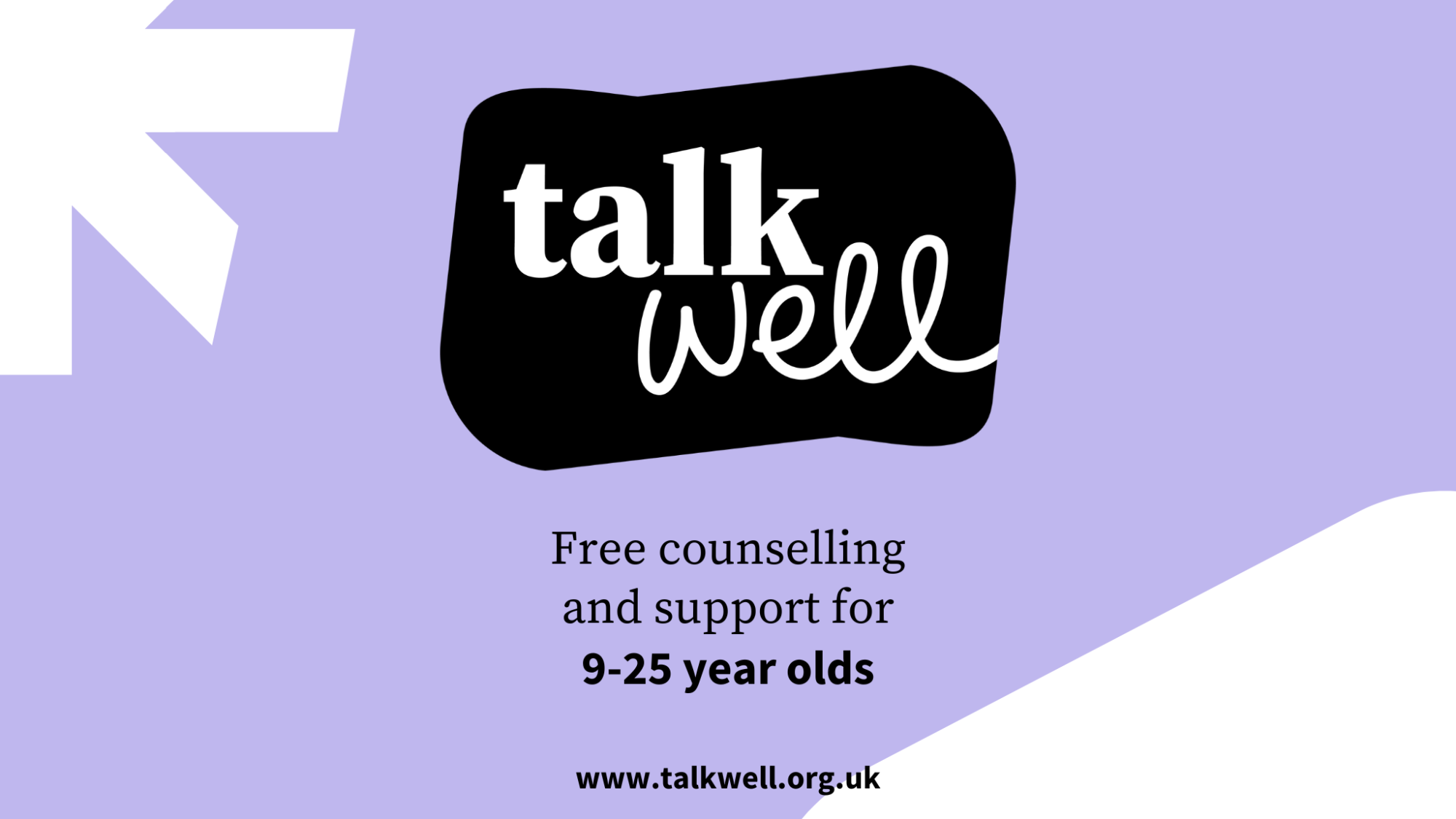  |
Schools play an important role in supporting the wellbeing of children and young people at a time when they are experiencing lots of physical, emotional and social changes.
For some children, this stage of growing up can sometimes become overwhelming or difficult to manage, and it can be made worse by life events such as changing schools, exams, challenging home circumstances, bullying or difficult friendships.
Mental Health Support Teams have been put into over 70 schools across Gloucestershire to tackle these challenges by helping young people to feel more resilient, arming them with techniques to look after themselves and strategies to help them cope better with life’s ups and downs. The teams will also support parents and teachers with information and tips about how best to help children and young people who are experiencing difficulties.
The teams are made up of Education Mental Health Practitioners, Primary Mental Health Workers and Talk Well Counsellors and Team Managers. They will travel to each school for meetings with staff to discuss any children and young people they think may benefit from their support. If a child refuses to go to school, they will also work with families to help the child get back to school.
If you are concerned about your child and would like some support, please contact your School Mental Health Lead for an initial discussion.
- Name: Sue Brewster
- Contact Details: sb@ribstonhall.gloucs.sch.uk
When a school notices a child is struggling with day-to-day worries, an initial discussion with the team will take place to ensure this form of support is the most appropriate way forward.
If the young person is at secondary school, the team may agree to see them on their own and contact them directly without seeking consent or necessarily sharing information about the 1:1 sessions with yourselves as parents/carers. These decisions will be based on the information provided by the referrer. We feel that if a young person takes the important step to get in touch for help, we must respect their wishes so that they can feel safe talking to the team. We won’t give out any information about them without talking to them first.
The only reason we may not be able to keep things confidential is if we believe a child, young person or someone else is at serious risk of harm.
During our sessions we may identify some children or young people who may benefit from specialist support. We will ensure that young people are aware that any recommendations for specialist support will be discussed with parents or a responsible person before making any onward referral. In exceptional circumstances we may share information with appropriate authorities without your knowledge, such as if we believe a child, young person or someone else is at serious risk of harm, or if information is required by law (such as a court order). The MHST follow rigorous organisational policies and procedures to protect personal data and maintain confidentiality.
If you would prefer that your child was not discussed with our team, should they experience difficulties, you can opt out of this service by contacting your Mental Health School Lead above. Your child will still have access to all the usual statutory support within your school. Please note: if you choose to opt out of the school discussing concerns with the MHST we may still see secondary aged children asking for support themselves. Further information can be found on our organisation websites:
